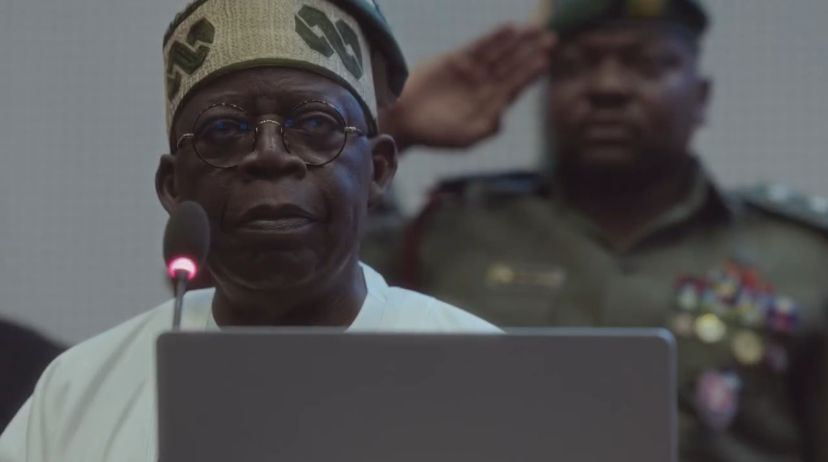In a recent statement, President Bola Tinubu of Nigeria acknowledged that poverty is a pervasive issue that affects not only Nigerians but also millions of people worldwide.
This candid admission sheds light on a pressing global concern that requires collective attention and action.
According to the United Nations, approximately 719 million people worldwide survive on less than $2.15 per day, equivalent to 9.2% of the global population.
The COVID-19 pandemic, conflicts, and extreme weather events have caused significant setbacks in reducing poverty, underscoring the need for sustained efforts to address this issue.
Sub-Saharan Africa bears the highest burden of child poverty, with a staggering 40% of children living in extreme poverty in 2022. Meanwhile, 1.1 billion people, including 566 million children, experience multidimensional poverty, which accounts for 18% of the global population.
Poverty has far-reaching consequences, perpetuating cycles of disadvantage and limiting access to essential resources and services.
Discrimination, poor governance, conflict, exploitation, and domestic violence are some of the underlying causes of poverty, making it a complex issue to address.
President Tinubu’s acknowledgment of global poverty serves as a reminder that this issue requires a collective response.
By recognizing the scope and complexity of poverty, we can work together to implement sustainable solutions, support vulnerable populations, and create a more equitable world for all.



